“Do not get lost in a sea of despair. Be hopeful, be optimistic. Our struggle is not the struggle of a day, a week, a month or a year, it is the struggle of a lifetime. Never, ever be afraid to make some noise and get in good trouble, necessary trouble.”
John Lewis, Member of Congress and Civil Rights Icon
Hope promises a better future; it shows us that it’s not too late to act. Shared visions of hope are brave and collective.
“One of the great liabilities of history is that all too many people fail to remain awake through great periods of social change. Every society has its protectors of status quo and it’s fraternities of the indifferent who are notorious for sleeping through revolutions. Today, our very survival depends on our ability to stay awake, to adjust to new ideas, to remain vigilant and to face the challenge of change”
Martin Luther King, Jr.
The Martin Luther King, Jr., quote above comes from his final book, Where Do We Go From Here: Chaos or Community? Even though the “today” that MLK references is concerned with the Civil Rights Movement in 1967, his words are still relevant in 2020. To stay awake, adjust to new ideas, and remain vigilant in the fight for social change, we must have hope and believe that our actions will make a difference. In the words of Angela Davis, “You [we] have to act as if it were possible to radically transform the world. And you [we] have to do it all the time.”
Social movements are sustained efforts by people that want to change something about our world, or the society that we live in. Whether the change a movement seeks is political, cultural, religious, economic, or educational — social movements are united by collective ideas and goals.
With the outbreak of the Covid-19 pandemic, we are at a crossroads globally. We must recognize our shared responsibility to act interdependently by lifting each other up. We are in a moment of change, which we all have the ability to be a part of. To join OneShared.World’s call for interdependence in addressing global problems, sign the Pledge of Interdependence.
To learn more about how you can be an advocate for social issues important to you, please take the time to read, reflect, and learn from the resources below, explore past and present social movements, and engage with our compilation of Take Action! items.
The Power of Advocacy and Hope
Notable Movements Past and Present
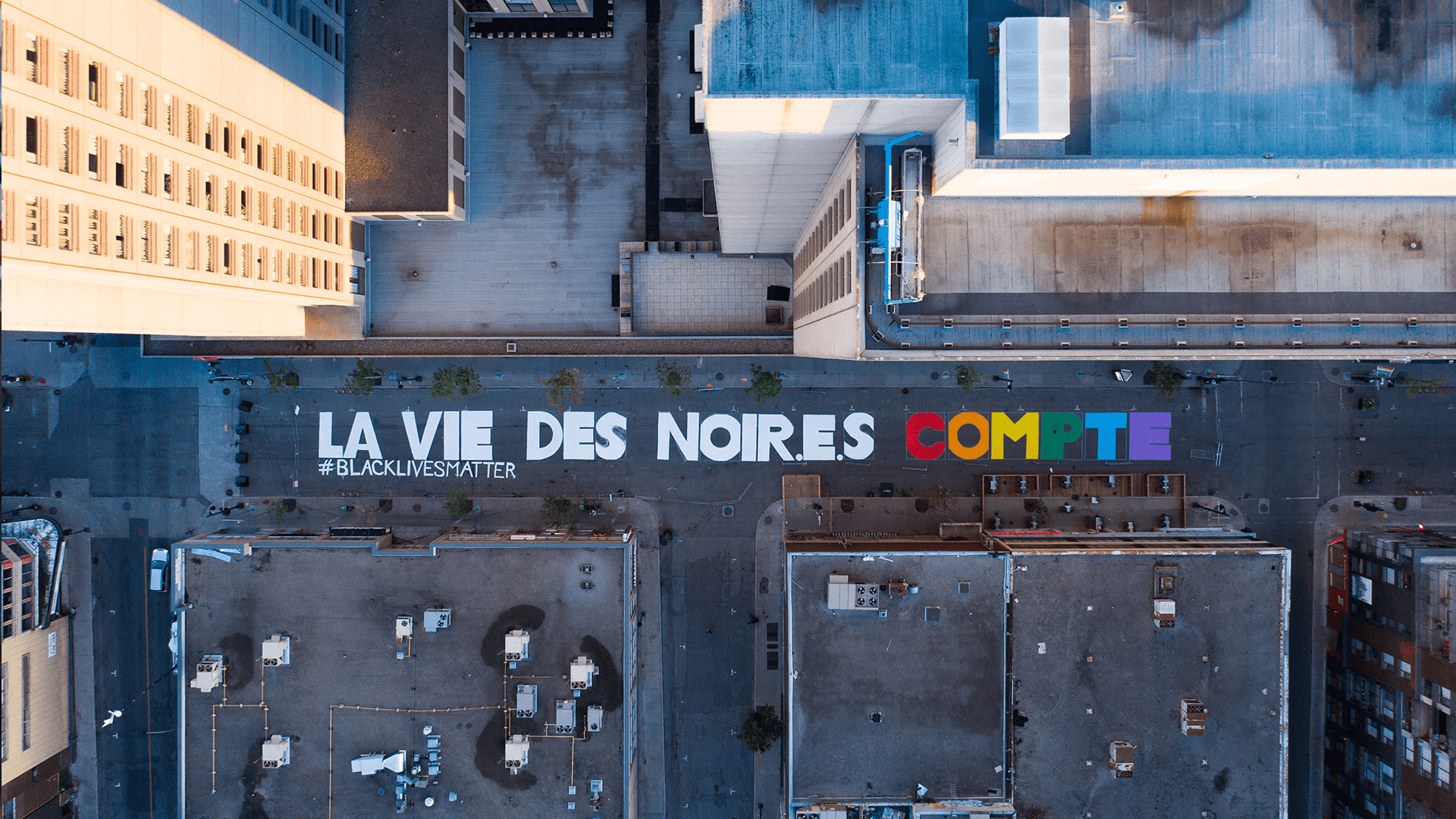
Black Lives Matter
A global movement that works to deconstruct white supremacy and uplift the Black community.
Explore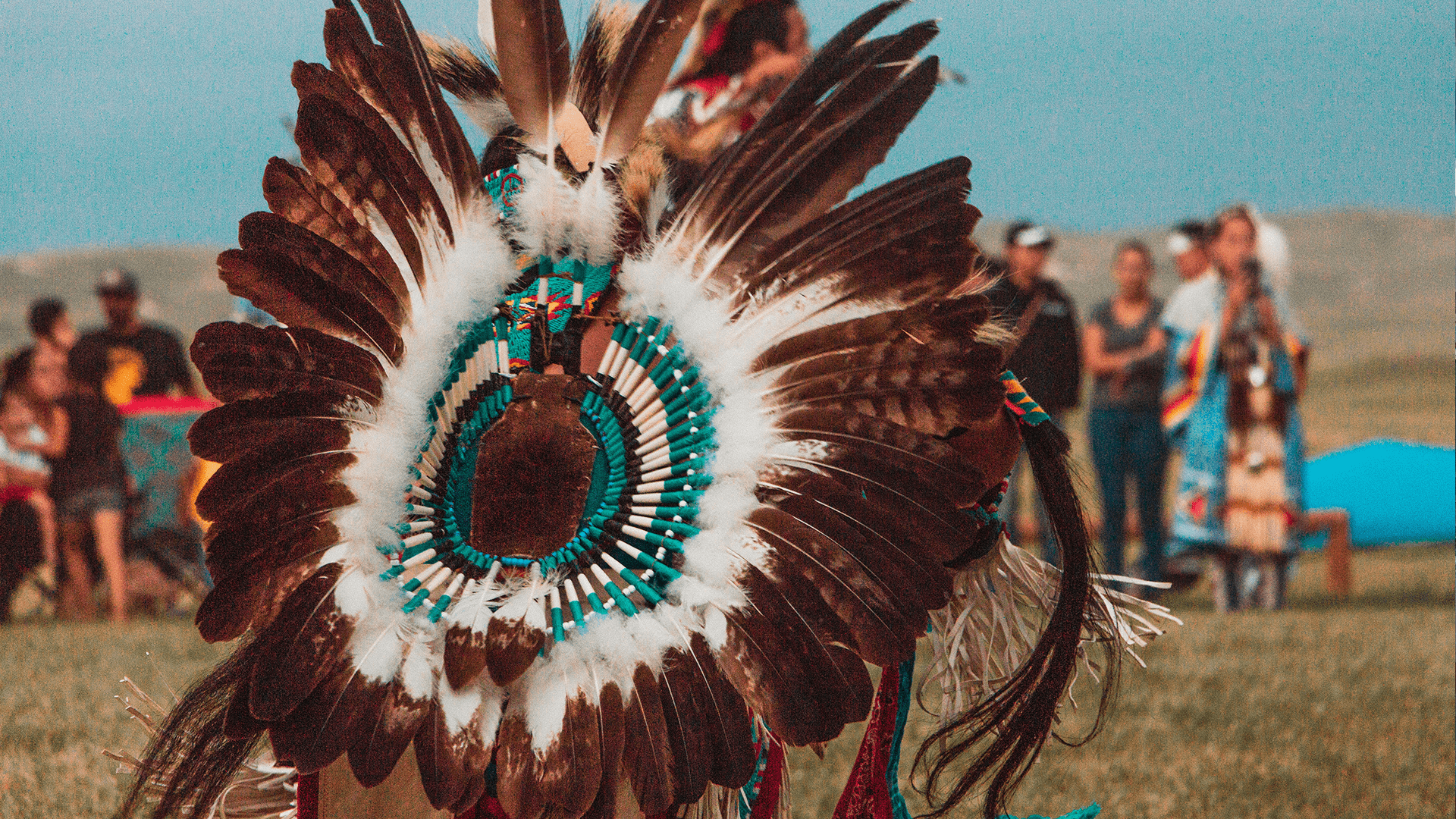


Standing Rock Sioux & Dakota Access Pipeline Movement
Began in 2016 in response to the imminent construction of Energy Transfer Partners’ Dakota Access Pipeline.
Explore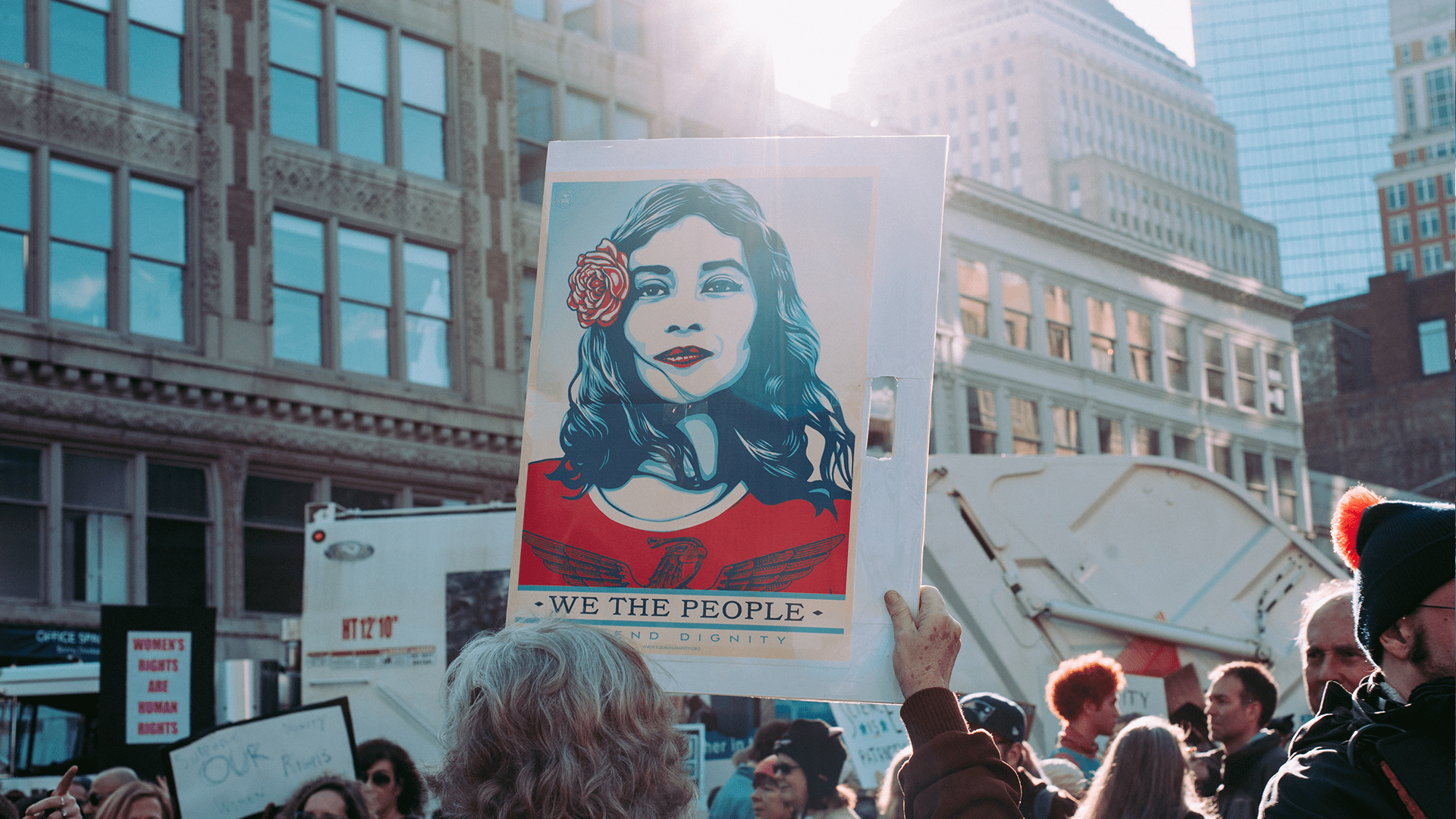


Feminist Movements
Women’s rights movements address a variety of issues around the world including reproductive rights, access to economic opportunity, and violence against women.
Explore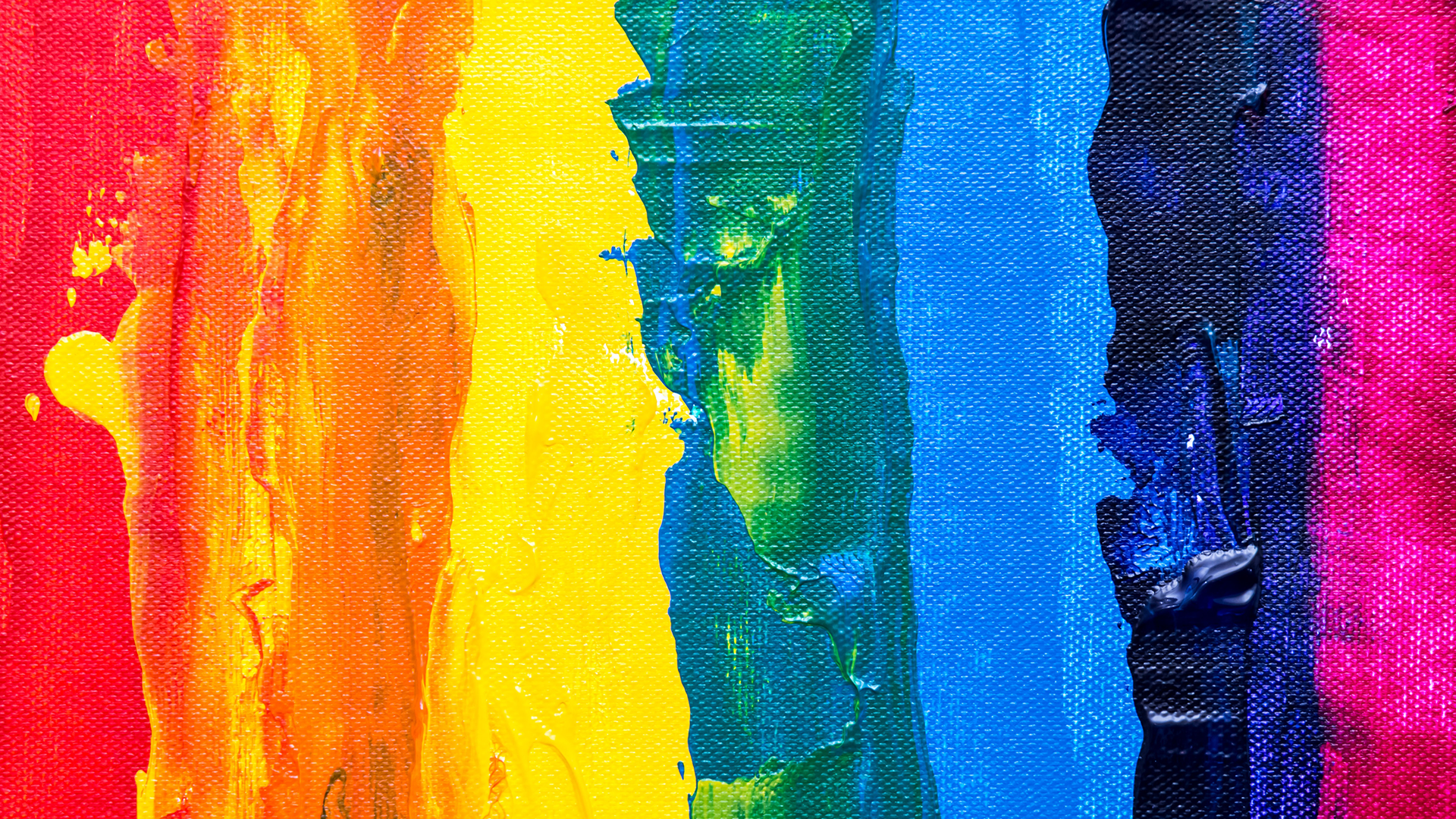


LGBTQIA+ Movements
The LGBTQIA+ movement has taken various shapes throughout history in many countries around the world.
Explore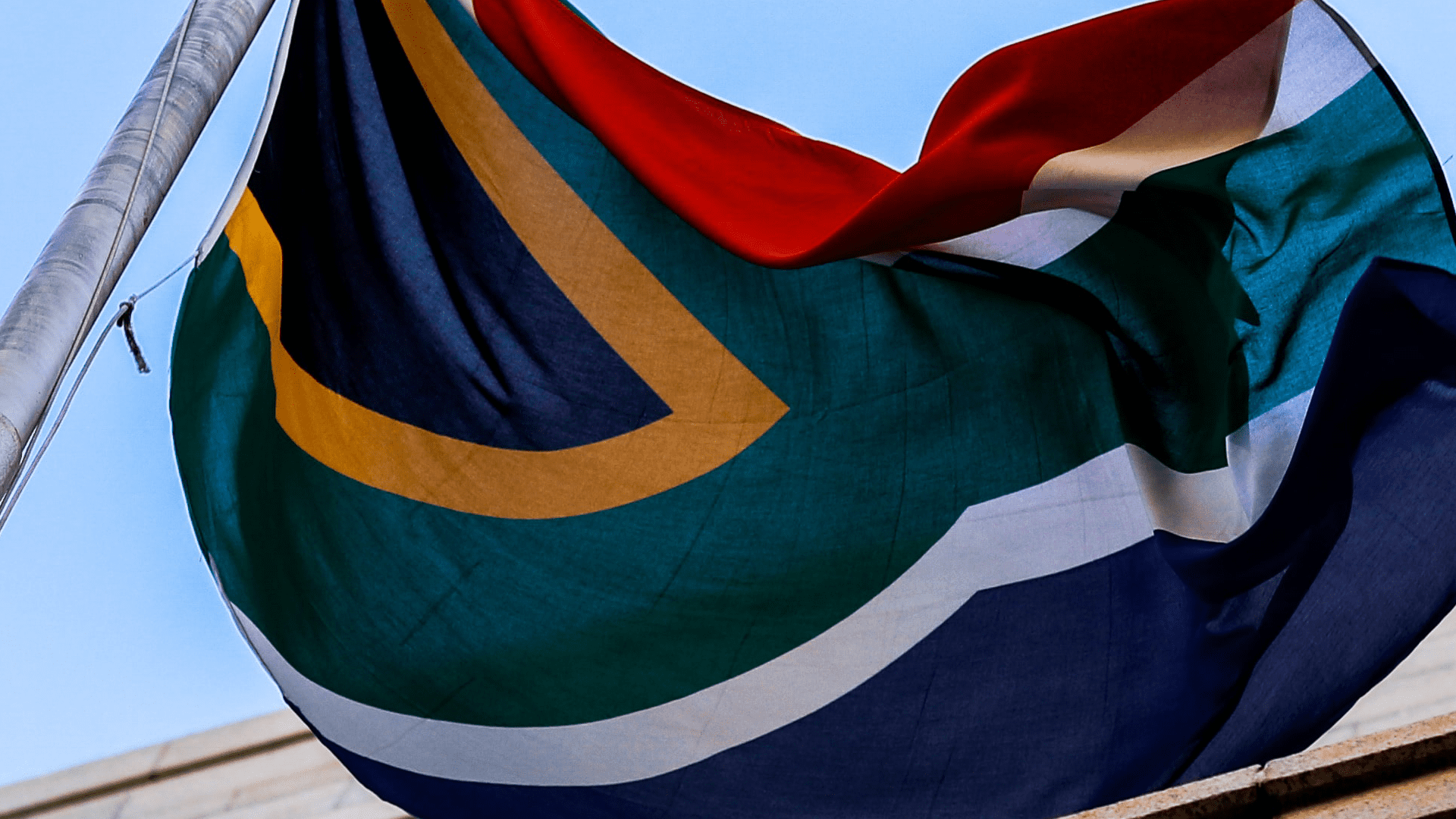


South African Resistance against Apartheid
The resistance movement to Apartheid was spurred as a result of white oppression of blacks, indians, and other minorities in South Africa.
Explore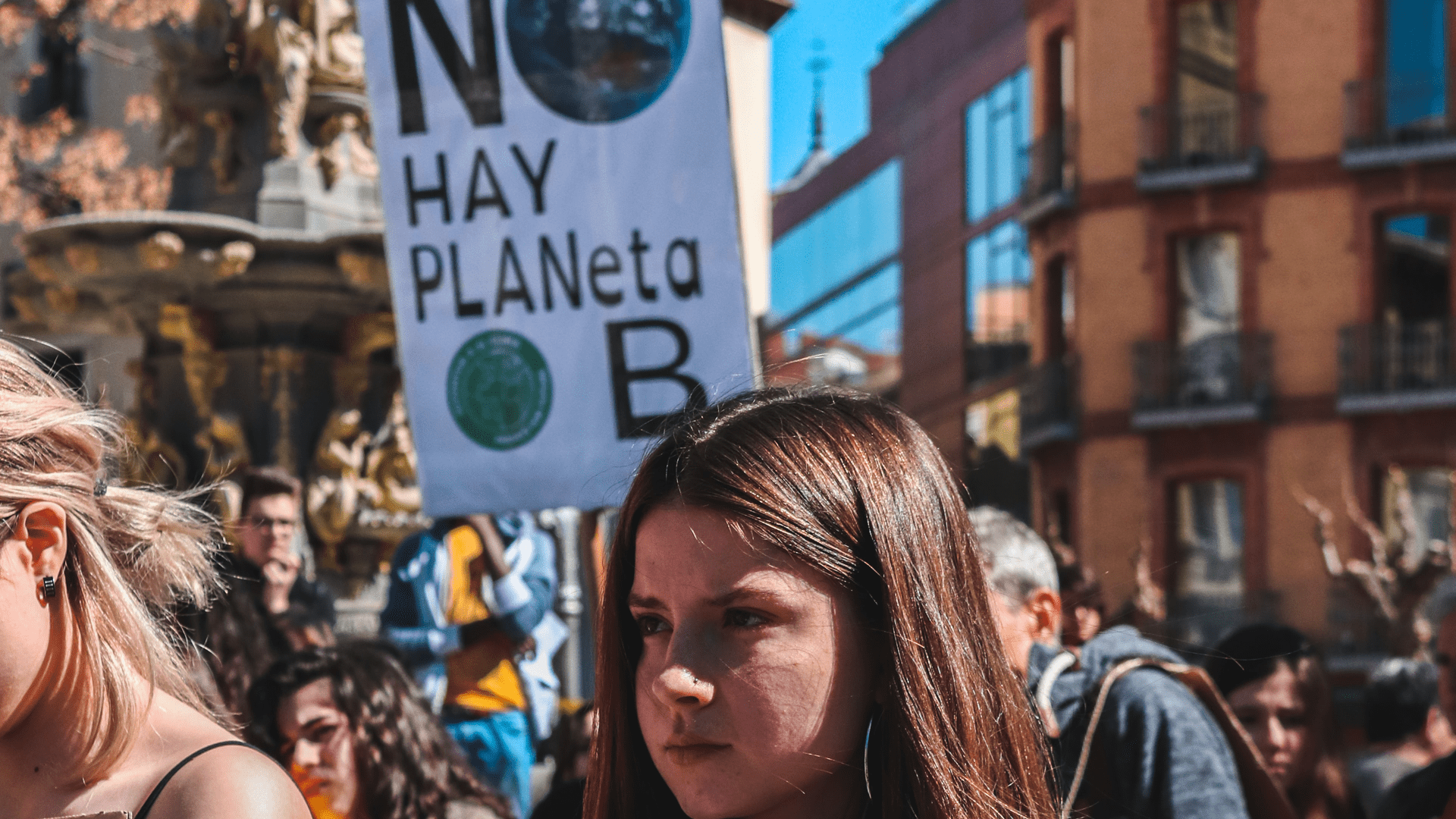


The Environmental Movement
The Environmental Movement, also called Environmentalism, has roots far back in the ancient Roman times.
Explore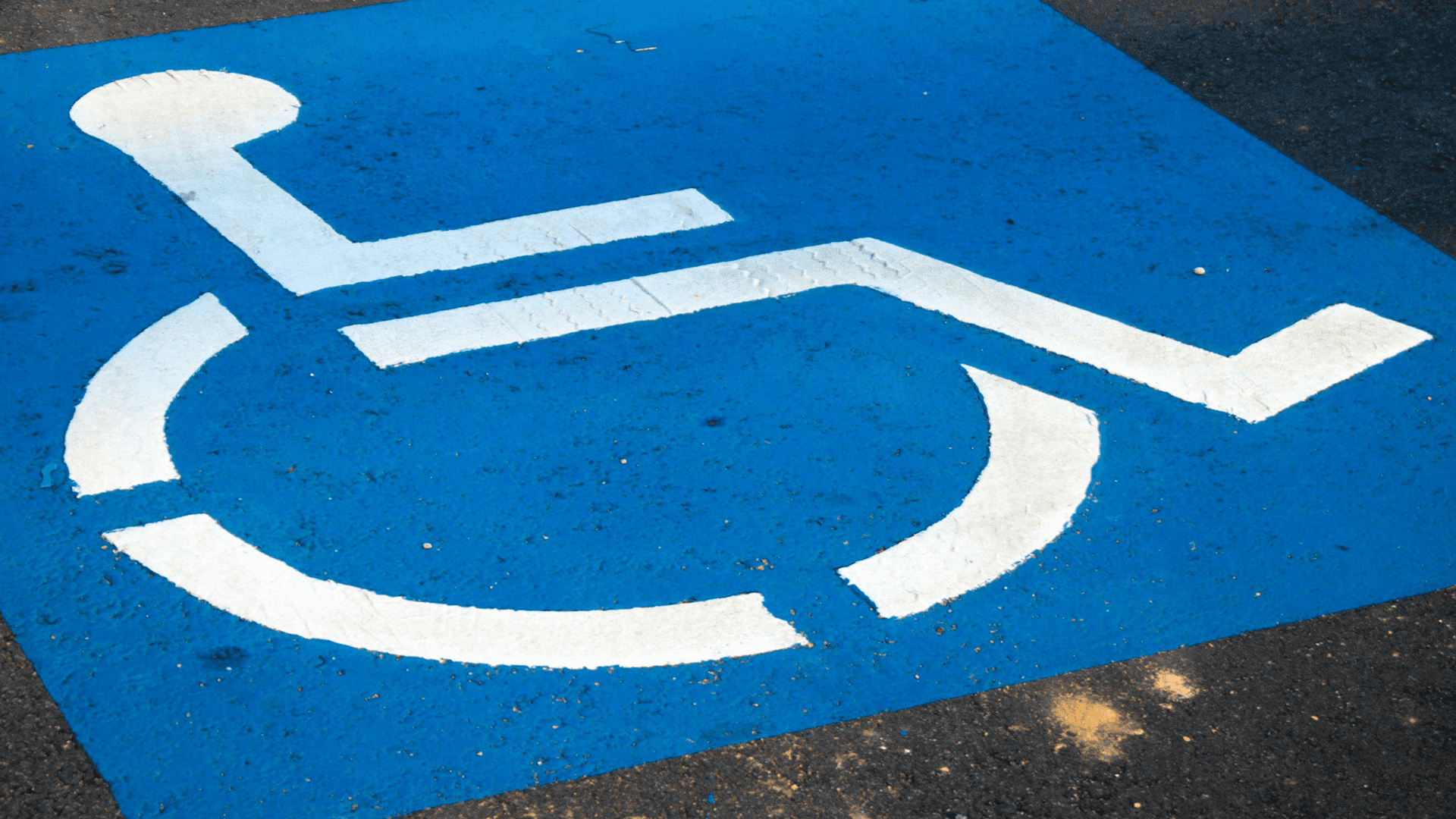


Disability Rights Movement
The Disability Rights Movement, beginning after the American Civil Rights Movement, catapulted disability rights activists.
Explore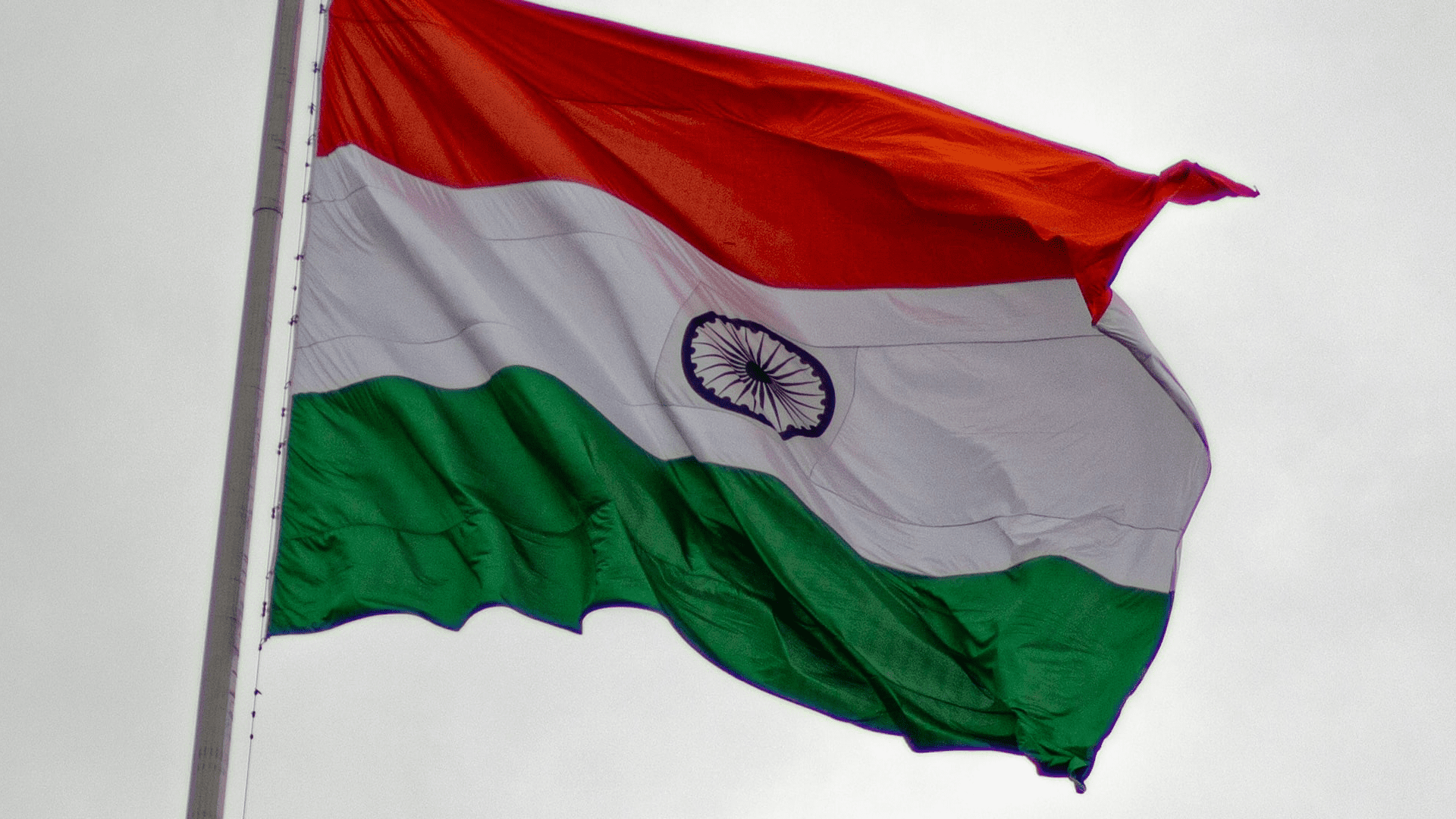


Indian Independence Movement
The Indian Independence Movement was a response to the British colonization of India, with the goal of liberating India into its own nation-state.
ExploreTake Action!
SIGN THE ONESHARED.WORLD PLEDGE OF INTERDEPENDENCE
Sign the Pledge here and join thousands of people from over 100 nations around the planet in signing this historic show of support for “one united humanity, one shared ecosystem, stronger together.”
ACTIVIST TOOLKITS
Use these resources to develop you advocacy skills:
- Amnesty USA — Amnesty USA Toolkits, Amnesty USA Activist Toolkit
- Advocates of Youth Toolkit (American centric)
- Smart CSOS Activist Toolkit
- CARE Local Action Global Conversation Toolkit
- Taking It Global
- Take Action with ACLU (Website updated frequently)
- #BlackLivesMatter Toolkits
OTHER RESOURCES
- Facing History and Ourselves (Content for Educators and School Leaders)
PHOTO CREDITS
“What Lessens” by Micheile Henderson on Unsplash
“Protester with Mask” by Malu de Wit on Unsplash
“Black Lives Matter” by Martin Reisch on Unsplash
“Standing Rock Sioux” by Andrew James on Unsplash
“We the People” by Alice Donovan Rouse on Unsplash
“Rainbow Canvas” by Steve Johnson on Unsplash
“South Africa Flag” by SWISS IM&H on Unsplash
“No Hay Planeta B” by Ahmed Bibi on Unsplash
“Disability Parking Sign” by AbsolutVision on Unsplash
“India Flag” by Girish Dalvi on Unsplash
Essential Books and Video
NON-FICTION BOOKS ABOUT ADVOCACY, STRENGTH & HOPE
- Pragmatism and Social Hope, by Judith M. Green
- We: Reviving Social Hope, by Ronald Aronson
- Fearless Fighter, by Vera Chirwa
FICTION READING LIST
- 1984, by George Orwell
- Octavia’s Brood, edited by Adrienne Maree Brown and Walida Imarisha
- The Book of Joan, by Lidia Yuknavitch
- Do Not Say, we Have Nothing, by Madeleine Thien
- Your Heart is a Muscle the Size of a Fist, by Sunil Yapa
SHORT VIDEOS
- Social movements, by Khan Academy
- Social Movements – A Primer, by Toby Chow
- The Power of Advocacy, by Plan International
- How Great Leaders Inspire Action, by Simon Sine



Black Lives Matter
#BlackLivesMatter is a global movement that works to deconstruct white supremacy and uplift the black community. BLM advocates for defunding the police, non-violent protesting, the affirmation of black women and queer folk, voting rights and greater voter turnout, and Covid-19 prevention, among other things. The BLM movement was founded in 2013 in response to an incident of police brutality in which American teenager Trayvon Martin was shot and killed. Since its inception, BLM has organized countless protests and demonstrations, advocated for policy change, published activist toolkits and other resources on their website, and generated a massive amount of support across the US and the globe.
More information on BLM:
- Black Lives Matter website
- Black Lives Matter: From social media post to global movement in BBC News
- “Black Lives Matter” has become a global rallying cry against racism and police brutality in Vox
- Emancipatory Hope: Reclaiming Black Social Movement Continuity, by Kevin C. Winstead
ANTI-RACIST BOOKS
- How to Be an Antiracist, by Ibram X. Kendi
- So You Want to Talk About Race, by Ijeoma Oluo
- Me and White Supremacy, by Layla Saad
- The New Jim Crow: Mass Incarceration in the Age of Colorblindness, by Michelle Alexander
- Between the World and Me, by Ta-Nehisi Coates
- Go Tell it On a Mountain, by James Baldwin
- Heavy
- His Truth Is Marching On: John Lewis and the Power of Hope, by Jon Meacham & John Lewis (afterword)
MOVIES & DOCUMENTARIES
- John Lewis: Good Trouble — Directed by Dawn Porter
- The Hate U Give — Directed by George Tillman Jr.
- Just Mercy —Directed by Destin Daniel Cretton
- 13th — Directed by Ava DuVernay
NOTABLE SPEECHES
- I Have a Dream — by MLK, Aug. 28, 1963
- March on Washington Speech — by John Lewis; Aug. 28, 1963



Standing Rock Sioux & Dakota Access Pipeline Movement
The Dakota Access Pipeline protests began in 2016 in response to the imminent construction of Energy Transfer Partners’ Dakota Access Pipeline. The Standing Rock Sioux opposed its construction, as the pipeline was set to cross through their territory, which they argued would destroy important cultural and environmental resources, and in turn violate Article II of the Fort Laine Treaty. Widely publicized protests and sit-ins lasted for months, but were forced to end in early 2017, following President Trump’s approval for the completion of the pipeline.
Native American Activism can be found here:
- 10 Native American Activists You Should Know
- Native American activism after Standing Rock: Where is it now?
- Native American Activism and the Long Red Power Movement
- Native Americans Fight Against Dakota Access Pipeline
- 1989 – American Indian Activist Russell Means testifies at Senate Hearing
BOOKS
- Bury My Heart at Wounded Knee. by Dee Brown
- In the Spirit of Crazy Horse, by Peter Matthiessen
- Custer Died for Your Sins, by Vine Deloria Jr.
- Like a Hurricane, by Paul Chaat Smith
- There There, by Tommy Orange
- An Indigenous Peoples’ History of the United States, by Roxanne Dunbar-Ortiz
MOVIES & DOCUMENTARIES
- Imprint (2007)
- Smoke Signals (1998)



Feminist Movements
Feminist movements have taken many forms over the past couple hundred years. The first woman’s rights convention, the Seneca Falls Convention of 1948, was held to organize for the US suffrage movement. Today, women’s rights movements address a variety of issues around the world including reproductive rights, access to economic opportunity, and violence against women. For example, the #MeToo movement, founded in 2006 by Tarana Burke, works to hold perpetrators of sexual violence accountable and dismantle the systems of power that institutionalize this violence. Feminism today also highlights and affirms the intersectionality of women’s identities. Movements like Black Lives Matter, for example, also advocate for women’s rights.
More information on the Women’s rights movement can be found here:
- Women’s Rights Movement in Britannica
- Feminism’s Long History
- The waves of feminism, and why people keep fighting over them, explained in Vox
- Feminism and Gender Equality Around the World
- A Rallying Cry, A Dirty Word: People Around The World Talk About ‘Feminism’ in NPR
- Celebrating #MeToo’s’ Global Impact
NOTABLE SPEECHES
- Address at the UN Youth Takeover — by Malala Yousafzai, July 12, 2013
- Address at the Women in The World Summit — by Hillary Clinton, April 23, 2015
- We Should All Be Feminists — by Chimamanda Ngozi Adichie April 12, 2013
- On the Pulse of Morning — by Maya Angelou, 1993
- Anita Hill Full Opening Statement — October 11, 1991
FEMINIST LITERATURE
- Women, Culture, & Politics, by Angela Davis
- Circe, by Madeline Miller
- The Woman Warrior, by Maxine Hong Kingston
- I am Malala, by Malala Yusafzai
- Little Women, by Louisa May Alcott
- Men Explain Things to Me, by Rebecca Solnit
- The Second Sex, by Simone de Beauvoir
- The Beauty Myth, by Naomi Wolf
- We Should all be Feminists, by Chimamanda Ngozi Adichie



LGBTQIA+ Movements
LGBTQIA + stands for lesbian, gay, bisexual, transgender, queer and/or questioning, intersex and asexual and/or allies. Sexual orientation and gender have historically been the basis of discrimination, torture, and even death against those who identify in any way inconsistent with societal straight and cis-gender cultural norms. The LGBTQIA+ movement has taken various shapes throughout history in many countries around the world. In recent times, the LGBTQIA+ movement has fought to bring the issues of LGBTQIA+ folk to the forefront, and to fight for political and systemic change which will grant LGBTQIA+ folk equal rights, like marriage equality, freedom to serve openly in the military, and freedom from job discrimination.
More Information on the LGBTQIA+ movement can be found here:
- Human Rights Watch
- LGBTQ Rights Milestones Fast Facts CNN article
- America Moved On From Its Gay-Rights Moment — And Left a Legal Mess Behind article in The Atlantic
- 10 maps showing how different LGBTQ rights are around the world in Business Insider
- LGBTI Rights in Amnesty International
MOVIES & DOCUMENTARIES
- Milk — Directed by Gus Van Sant
- Moonlight
- The Danish Girl
- Call Me By Your Name
- The Death and Life of Marsha P. Johnson
- How to Survive a Plague — Directed by David France
NOTABLE SPEECHES
- Obama’s 2013 Inaugural Speech
- Activist Larry Kramer’s 1991 Remarks on the AIDS Epidemic
- Sylvia Rivera, “Y’all Better Quiet Down,” 1973 Gay Pride Rally
- Gay Pride Rally 1991: Larry Kramer’s keynote speech
- Jean O’Leary speech at 1973 Gay Rally
BOOKS
- Zami: A New Spelling of My Name, by Audre Lorde
- Giovanni’s Room, by James Baldwin
- Close to the Knives: A Memoir of Disintegration, by David Wojnarowicz
- The Color Purple, by Alice Walker
- Fun Home, by Allison Bechdel
- Moving Politics: Emotion and Act Up’s Fight Against Aids, by Deborah B. Gould



The Environmental Movement
The Environmental Movement, also called Environmentalism, has roots far back in the Roman times, but the modern day Environmental Movement began with efforts to protect areas of wildlife from urbanization. Since the industrial revolution, the environmental cost of mass production has led to high levels of air and water pollution, discarded garbage in the world’s oceans, and the release of harmful greenhouse gasses which have formed holes in the ozone layer. Greta Thunberg, a Swedish environmental activist.
More information on the Environmental Movement can be found here:
- The Modern Environmental Movement in PBS
- Environmentalism Was Once a Social-Justice Movement in The Atlantic
- How the largest environmental movement in history was born in BBC
- The environmental movement is very white. These leaders want to change that.
- Fear, hope, anger, and guilt in climate activism, by Jochen Kleres and Asa Wettergren
BOOKS
- No One Is Too Small to Make a Difference, by Greta Thunberg
- Youth To Power: Your Voice and How to Use It, by Jamie Margolin, foreword by Greta Thunberg
- The Uninhabitable Earth, by David Wallace-Wells
- This Changes Everything: Capitalism vs. The Climate, by Naomi Klein
- This Is Not A Drill: An Extinction Rebellion Handbook
MOVIES & DOCUMENTARIES
- Beasts of the Southern Wild
- Chasing Coral
- An Inconvenient Truth
- Honeyland
- KIFARU
- The Hottest August
- Anthropocene: The Human Epoch
SPEECHES



South African Resistance against Apartheid
The resistance movement to Apartheid was spurred as a result of white oppression of blacks, indians, and other minorities in South Africa. From housing to school segregation, minorities were enormously suppressed socioeconomically. As a result, leaders of the African National Congress (ANC) like Nelson Mandela and Albert Luthuli led peaceful protests and boycotts. The South African government repeatedly used violent tactics to ruthlessly suppress calls for reform. Nelson Mandela and many other ANC leaders were imprisoned for decades as a result of violent uprisings. After widespread worker strikes, boycotts, and protests as well as crippling international sanctions and new South African leadership under F.W. de Klerk, apartheid laws were finally repealed, Mandela along with other political prisoners were released, and the major transition to post-apartheid South Africa began.
More information on the South African Resistance against Apartheid:
BOOKS
- Long Walk to Freedom, by Nelson Mandela
- My Traitor’s Heart, by Rian Malan
MOVIES
- Come Back, Africa — A Film by Lionel Rogosin
NOTABLE SPEECHES
- The ‘I am Prepared to Die’ speech — by Nelson Mandela, April 20, 1964



Disability Rights Movement
Today, approximately one billion people live with a disability. Throughout history, people with disabilities have faced discrimination and barriers to health services, education, and other basic necessitites. Many people with disabilities have been forced to enter institutions and asylums, and have been jailed despite their conditions. California’s sterilization law even became the model for Nazi Germany’s eugenics laws in 1933. The Disability Rights Movement, beginning after the American Civil Rights Movement, catapulted disability rights activists in their fight for institutional and cultural shifts towards greater liberation and freedom for those with disability.
More information on the Disability Rights Movement can be found here:
- A Brief History of the Disability Rights Movement
- Disability History: The Disability Rights Movement
- Disability Rights – Human Rights Watch
- The Development of the Disability Rights Movement as a Social Problem Solver
- Jailing People with Mental Illness
- One Billion Forgotten – Protecting the Human Rights of Persons with Disabilities
BOOKS
- Being Heumann: An Unrepentant Memoir of a Disability Rights Activist, by Judish Huemann
- The Curious Incident of the Dog in the Night-Time, by Mark Haddon
- Marcelo in the Real World, by Francisco X. Stork
- The Collected Schizophrenias, by Esme Weijun Wang
- And How Are You, Dr. Sacks? A Biographical Memoir of Oliver Sacks
- Care Work: Dreaming Disability Justice
- We Carry Kevan: Six Friends. Three Countries. No Wheelchair.
- Why I Burned My Book and Other Essays on Disability, by Paul K. Longmore
- Waist-High in the World: A Life Among the Nondisabled
MOVIES
- Crip Camp: A Disability Revolution
- When Billy Broke His Head…and Other Tales of Wonder
- The Theory of Everything
- Chained for Life
- The King’s Speech



Indian Independence Movement
The Indian Independence Movement was conducted in response to the British colonization of India, with the goal of liberating India into its own nation-state. From 1918 to 1922, the Indian National Congress, led by Mahatma Gandhi, led the first civil disobedience and non-violent demonstrations. India was partitioned in 1947, to create India and Pakistan.
More information on the Indian Independence Movement can be found here:
NOTABLE SPEECHES
- The ‘Do or Die’ speech — Mahatma Gandhi, Aug. 8, 1942
MOVIES
- Gandhi — Directed by David Attenborough

